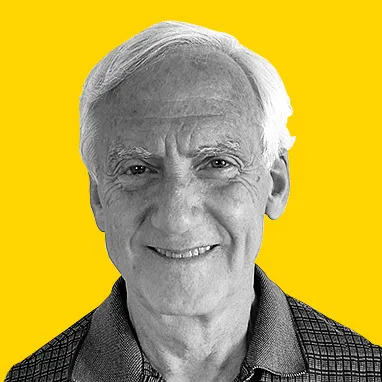About 1 in 7 Americans who have HIV don't know it. The CDC recommends that everyone between ages 13 and 64 get a test at least once. If you fall into a high-risk category -- perhaps you have multiple sex partners, have used injectable drugs, or have a partner who is HIV positive -- then you ought to test regularly (ideally every 3 to 6 months). Free tests can be a huge help.
HIV tests are now relatively easy to get and fairly affordable. You can even buy an FDA-approved at-home oral HIV test called OraQuick for around $40 at many drugstores or online. But if money is tight or you need to test often, a free HIV test is the way to go.
Before getting an HIV test, keep these things in mind:
There are different kinds of HIV tests. Antibody tests check for antibodies to HIV in blood or saliva. Your immune system makes antibodies when it detects the presence of a virus in your body.
Combination tests look for both HIV antibodies and a protein (or antigen) called p24. If you have HIV but your body hasn't made antibodies yet, you'll have high levels of p24. Nucleic acid tests look for the HIV virus in the blood.
There are pros and cons to each type of test, so pre-test counseling may be helpful. Most clinics and community centers that offer free HIV tests also offer counseling. Some locations offer all the different types of HIV tests or just one of them. Whatever test you get, it is likely to be accurate as long as you take it at the right time. Accuracy rates are around 99% to 100%.
When you test matters. Getting your test at the right time is more important than the type of free HIV test you get. It takes a little while for detectable signs of HIV to show up in your bloodstream. Some tests can be positive as early as 10 days after exposure. Other tests (antibody tests) can take months. You might not test positive with an antibody test for 3 to 6 months after the virus gets in your body.
Depending on the timing, you may need to do several tests to confirm the results. If you had a very recent (less than 72 hours ago) possible exposure to HIV, it's too soon for a test to show if you are positive but you should still have a sample taken for comparison later. But it's exactly the right time to talk to a doctor about starting PEP (post-exposure prophylaxis). That's a medication that can prevent you from getting HIV in the first 72 hours after unprotected sex, risky drug use, or other possible exposure.
Where to Find a Free HIV Test
Ready to get tested? Many kinds of places might offer free HIV tests in your area. University health centers, hospitals, local health departments, and even churches offer free testing. You might have to keep an eye out for ads, search the internet, and call around to figure it out.
Here are some shortcuts worth exploring:
Use the CDC search tool. Go to gettested.cdc.gov and enter your ZIP code. After you click, check the box for “Free HIV Test” under the drop-down menu on the next page to find a free or low-cost test in your area.
Contact the AIDS Healthcare Foundation (AHF). This nonprofit organization offers free HIV testing at many locations around the U.S. and in Puerto Rico. Visit locations.hivcare.org to find the closest option.
Call Planned Parenthood. Many Planned Parenthood locations offer free or low-cost HIV testing. Call 800-230-PLAN or visit plannedparenthood.org/health-center to find one near you.
Mark your calendar for June 27: That's National Free HIV Testing Day. On this day, many sites across the country offer free tests. Check npin.cdc.gov/nhtd.
Pick up a free at-home test: A nonprofit called Greater Than AIDS partners with local agencies and national programs to distribute in-home HIV tests to community partners. Visit greaterthan.org/free-hiv-self-test to find out where to get a free self-test.
